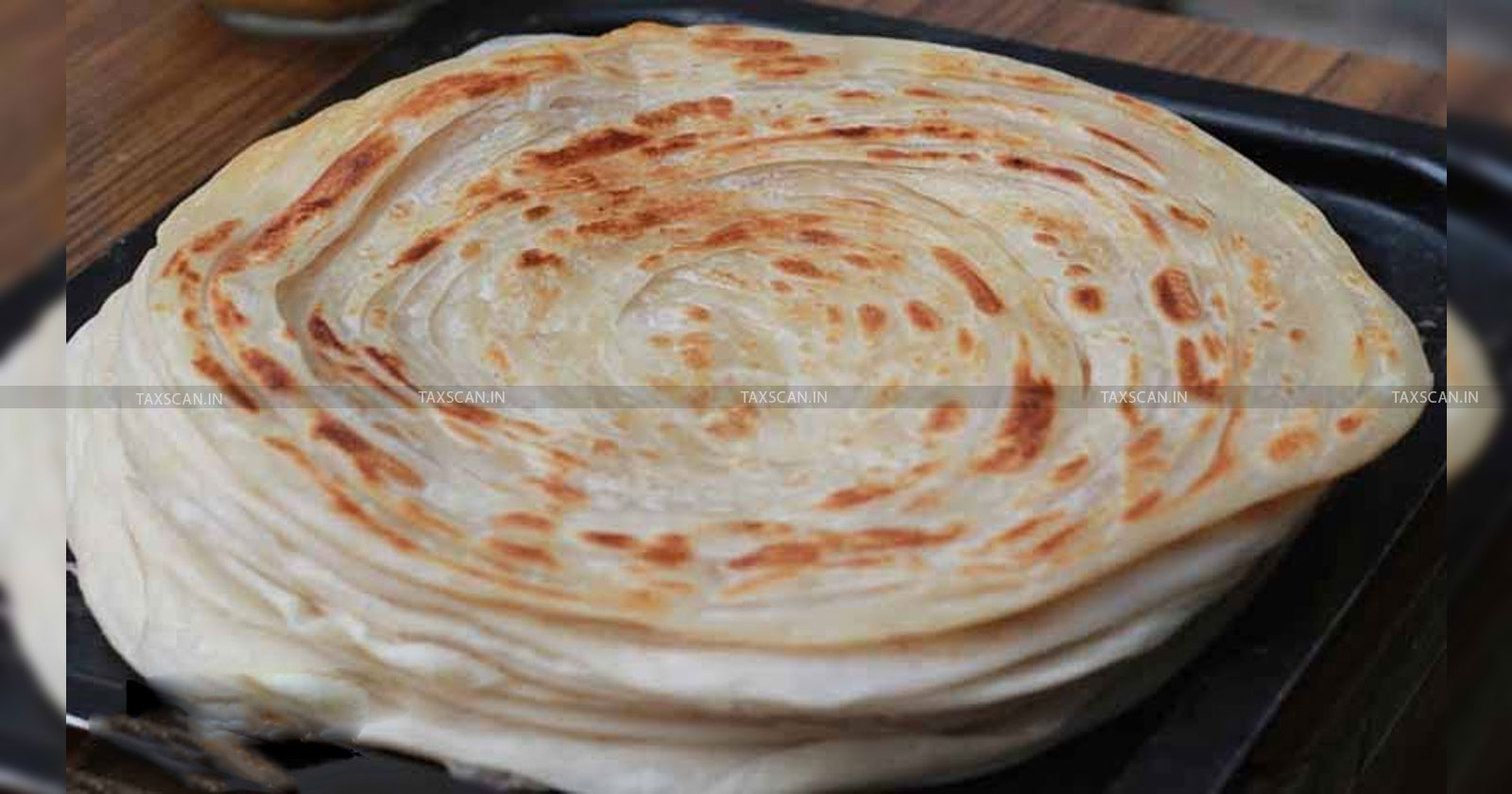Malabar Parota (Porotta) is classifiable as Bread, attracts 5% GST: Kerala HC strikes down AAR Ruling
The assessee filed a writ, which the Kerala High Court allowed, citing Rule 4 of the General Rules of Interpretation of the Harmonized System (GRI)

In a unique case related to GST classification challenges, the Kerala High Court ruled that Malabar ‘Parota’ should be classified as ‘bread’ and fall under Heading 1905 for taxation purposes. This decision goes against the earlier rulings of the Authority for Advance Ruling ( AAR ) and Appellate Authority for Advance Ruling ( AAAR ).
According to the Kerala High Court, both ‘Classic Malabar Parota’ and ‘Whole Wheat Malabar Parotta’ products should be taxed at the GST rate of 5% rather than 18%, as they share similarities with items listed under HSN code 1905, such as bread.
The court stated that these products “are eligible at the rate of 5% GST ( 2.5% CGST + 2.5% SGST ) and not 18% as advocated by the government based on orders from the Advance Ruling Authority and the Advance Ruling Appellate Authority, where the treatment was deemed to be 18%.”
Justice Dinesh Kumar Singh delivered the ruling at the Kerala High Court.
Advocates M. Gopikrishnan Nambiar, K John Mathai, Joson Manavalan, Kuryan Thomas, Paulose C Abraham, Raja Kannan, R Chethan Krishna, and S Parvathi represented the assessee, while Advocate P G Jayashankar and Special Government Pleader ( Taxes ) Muhammed Rafiq represented the government.
The assessee, Modern Food Enterprises Pvt. Ltd, manufactures and supplies ‘Classic Malabar Parota’ and ‘Whole Wheat Malabar Parotta’ products. The company sought clarification from the authority for advance ruling on classification, GST rate, and whether the product can be classified as ‘bread’ under GST.
The assessee filed a writ, which the Kerala High Court allowed, citing Rule 4 of the General Rules of Interpretation of the Harmonized System ( GRI ). This rule states that goods not classifiable under Rules I to III should be classified under the heading appropriate to goods akin to them, thus allowing the product to be taxed at 5%.
The court also referenced the explanatory notes to HSN sub-heading 1905, which mention that products in this heading typically contain cereal flours, leaves, salt, and may have other ingredients for fermentation and improving characteristics.
Additionally, the court noted that the products in Chapter Heading 1905 can be made from dough based on cereal flour, while Chapter Heading 21, specifically HSN 2106, covers food preparations not elsewhere specified, which do not include the assessee’s products.
Consequently, the Kerala High Court concluded that the assessee’s products should be included in Chapter Heading 1905, similar to products mentioned in that chapter, and be taxed at the 5% GST rate instead of 18%.
Support our journalism by subscribing to Taxscan premium. Follow us on Telegram for quick updates


